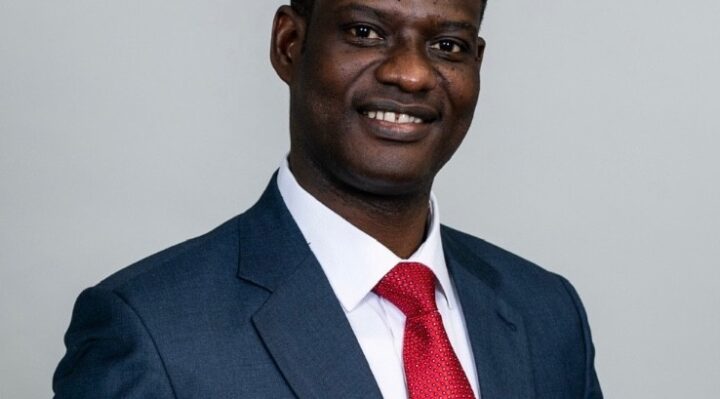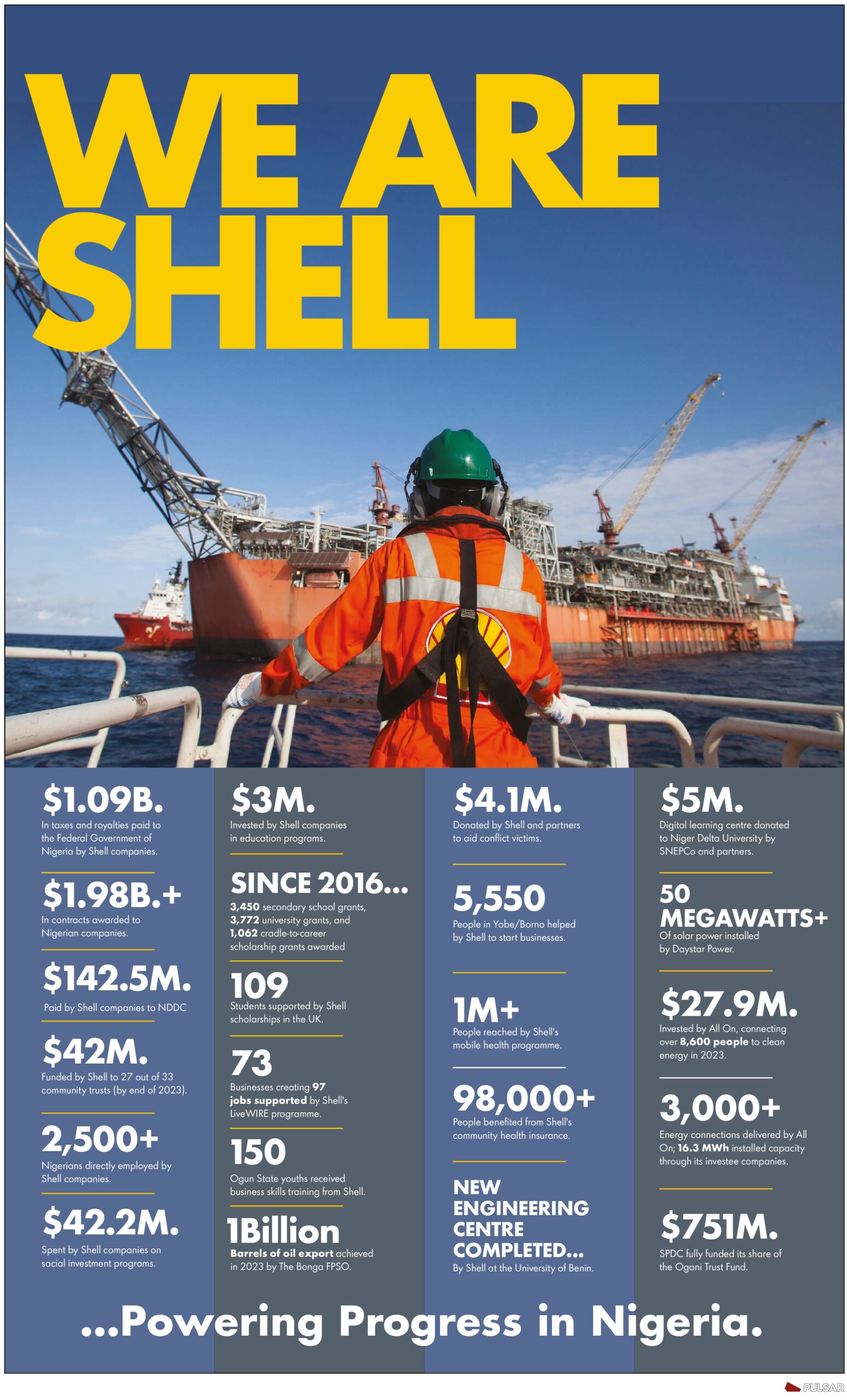The chairman of the Presidential Taskforce on Fiscal Policy and Tax Reforms Committee said this on Channels Television’s Politics Today.
“Sadly, the system we have today is trying to tax everything and everybody. You know, if it moves, tax it; if it moves again, tax it even more. That seems to be the approach we have today,” he said on Friday.
“You would imagine that those who are selling sachets of water, which we call pure water, how much possibly can be their capital plus profits.
“With all the hard work, people are just trying to see if they can find N800 or N1,000 a day to take care of themselves and their families, which would cover their transport or feeding.
“But when we were speaking to market traders associations, they told us that these guys are paying about six to seven different levies every single day, and they give them some form of sticker.
“And that clearly is not acceptable. We’ve also seen truckers who are moving produce, including food, from one state to another have to pay more than N450,000 in one single trip. Sometimes the stickers add up to more than 50.
“So, at the end of the day, this is the reason why, for example, if you looked at the last inflation numbers, even just between rural areas and urban areas, the difference in inflation is about 500 basis points, which is about 5 percent, which you can only just explain by way of transportation but by the time you add the taxes to it. You see, that is one of the reasons why that differential is so significant.”
According to him, while the country faces revenue challenges, Nigeria can make more money without raising taxes.
“So, we do believe based on the analysis we have done and the data available to us that the right way to go is not to introduce more taxes. And in fact, if you’re gonna raise the rates of any tax, it has to be something that we’re doing as a result of the consolidation and harmonisation,” Oyedele said.
“We do think that having fewer taxes are broad-based, easy to collect, and do not place a burden on the bottom of the ladder of society is the way to go.
“And by using data, intelligence, and technology, we can close the tax gap so that people who have not been paying before begin to pay – who have been identified as people who should be paying – and the poor people should be legitimately exempted, particularly nano, micro businesses and low-income earners.”

